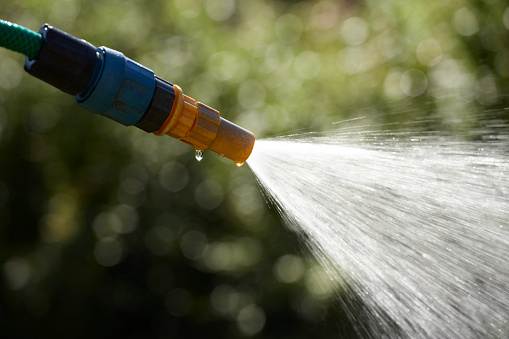This summer, the Met office issued their first ever red warning for exceptional heat as temperates rose beyond 40C.
Consequently, South-eastern Water has confirmed that they will be restricting water usage following the driest July on record. This temporary ban will be enforced from the 12th of August and will impact an estimated one million people.
Under the ban, residents are unable to:
- Water a garden
- Cleaning a vehicle using a hosepipe
- Watering plants using a hosepipe
- Fill of maintain a swimming or paddling pool
- Clean paths or patios
The statement released on the Southeast Water website reads: “We have been left with no choice but to restrict the use of hosepipes and sprinklers from 00:01 on Friday 12thAugust within our Kent and Sussex supply area until further notice”
Although a customer service advisor from Southeast Water reassured me that this ban is “Not new – and has to be done from time to time, particularly due to weather changes”, the telegraph reports that other water firms are ‘now really looking hard on their positions’.
To South-eastern Water customers, this does not come as a shock as Debby from the Brooked Garden Centre in Tonbridge says: “We store water in reserves and have tanks of rainwater. This happens quite frequently in the Southeast, almost every year we have a hosepipe ban. A ban is a ban – I don’t know why this ban is being treated any different”.
Residents of the Southeast may be used to voluntary suggestions to lower their water consumption, but this time around, the consequences of excessive water usage after the 12th could result in a court fine of £1,000.
Following an emergency meeting with The Environmental Agency’s National Drought Group last month, a statement has been issued: “By 2050 rivers will have between 50 and 80 per cent less water and summers will be 7.4 degrees hotter”.
The EANDG have called on everyone, including water companies, to do their bit in managing water use as we adapt to the changing climate.
The car wash company based in Dartford is leading by example and has said: “This will not impact the business as we do not use jet washes and instead have been using eco-friendly and sustainable water since 2009”.
It has become apparent that we must begin to adjust our lives and plan businesses around the worlds changing climate and find more sustainable solutions going forward.
Lina Ali

